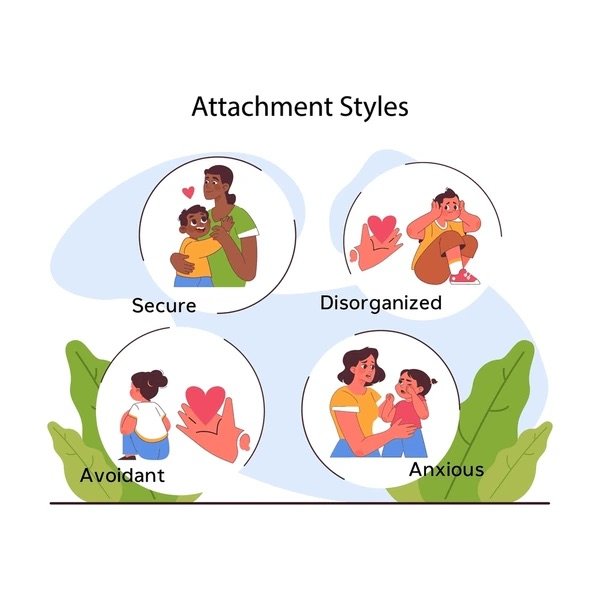Understanding attachment styles
Lets delve into the fascinating world of attachment theory, an essential tool for anyone facing separation or divorce, particularly in high-conflict situations. Understanding attachment styles, can help reveal how these psychological underpinnings can facilitate healthier relationships, both personally and professionally. Whether you're a separating parent, lawyer, or mediator, these insights can profoundly influence how you approach conflict resolution.
Understanding Attachment Theory
Attachment theory, traditionally a staple of psychology, is gaining traction beyond academic circles. It's a foundational psychological concept that explains how the dynamics with our caregivers in childhood can profoundly shape our relationship styles as adults. By recognising these patterns, we can better understand our own (and others') behaviour in relationships, especially during conflicts.
Let’s change the story of separation. One conversation at a time.
Recognising Attachment Styles
There are primarily four attachment styles: secure, avoidant, anxious, and disorganised. Each type manifests in unique ways during relationship stress.
Secure attachment is the ideal, rooted in a foundation of reliability and responsiveness from caregivers. However, avoidant and anxious styles can lead to significant relationship challenges. Recognising your attachment style and its influence can be the first step towards improving your conflict resolution skills.
The Impact on Relationships
Attachment styles don't just affect romantic relationships; they echo through familial interactions and professional environments as well. For example, two people with opposing attachment styles, like avoidant and anxious, may unintentionally exacerbate each other’s insecurities, leading to unresolved conflicts. Understanding these dynamics can reduce misunderstandings and foster better communication.
Breaking Negative Cycles
Awareness is important in breaking negative cycles of attachment behaviours. Offering a radical insight, they suggest proactive internal reflection coupled with systemised mechanisms of communication. This dual approach can help individuals move past knee-jerk, attachment-driven responses into more thoughtful, empathetic interactions.
Empathy and Acknowledgement
Acknowledging and validating your partner's feelings, even in conflict, is crucial. A simple act of empathy can shift the narrative from conflict to collaboration. This acknowledgment doesn't require admitting fault but rather recognising the other’s experience, which can be a powerful tool in mending and fostering relationships.
Why Civilised Separations?
By exploring and understanding attachment theory, separating or divorcing parents, along with their professional support networks, can navigate their relationships with greater empathy and effectiveness. At Civilised Separations, we advocate for informed, compassion-driven approaches to separation.
You may also want to book a free consultation to discuss your unique circumstances and learn how to transition smoothly towards healthier relationships. Listen to this podcast episode for more practical advice and real-life stories of transformation.
For more insights and resources, explore our website or listen to the full podcast episode at CivilisedSeparations.co.uk.
🔗 Instagram
📹 TikTok
🎧 Listen on Spotify
📼 Watch on YouTube
Written by Mitch Wilkins


